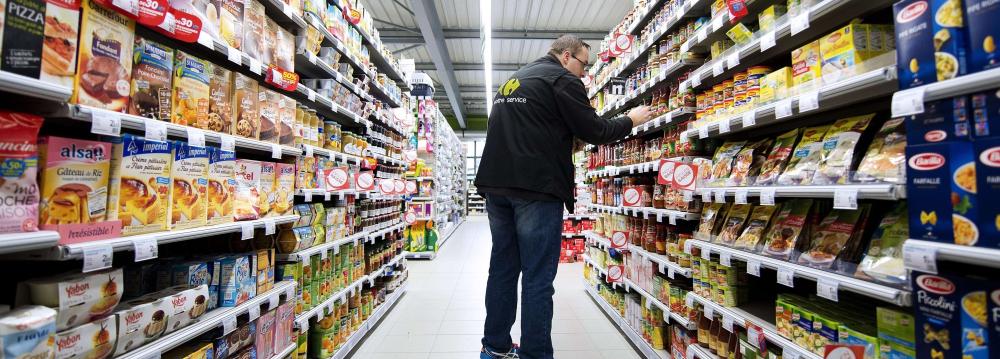France’s economy unexpectedly shrank in the second quarter of 2016 as weak domestic demand offset the impact on GDP from a sharp drop in the country’s imports.
Revised figures from INSEE revealed that gross domestic product fell by 0.1% quarter-on-quarter over the three months to June (consensus: 0.0%), albeit after surging by 0.7% in the previous three months, Digitallook reported.
In comparison to a year ago, GDP slowed a fraction, from the 1.4% pace observed in the first three months of 2016 to 1.3%.
“These are grim data, but the upshot is that the worst of the inventory correction likely is past, and we don’t expect a major drag in the second half of the year.
“In addition, growth in consumer spending also was revised down slightly, and is now estimated to have declined slightly in Q2,” said Claus Vistesen, chief Eurozone economist at Pantheon Macroeconomics.
Internal demand was flat in terms of quarterly rates of change, as inventories fell by 0.7% and household consumption dipped 0.1%. Net imports on the other hand rose sharply, by 0.6%, but mainly as result of a 1.8% drop in imports.
The disappointing GDP data comes days after France announced its 2017 budget.
Last Budget
The government pledged tax cuts and extra spending on defense, security and youth employment that it says won’t swell the deficit in President Francois Hollande’s last budget before presidential elections next year.
French Finance Minister Michel Sapin said on Tuesday that the budget would bring the deficit down to 2.7% of economic output in 2017 from a forecast 3.3% for this year, despite €9 billion ($10 billion) in extra spending announced in the spring by Hollande.
The Socialist government’s optimism about France’s economy and finances ahead of the 2017 elections has drawn criticism from conservative opposition leaders. Contenders in center-right primaries have forecast the budget deficit will grow next year after Hollande’s promises to finance training schemes for young people and increase security and military spending after a spate of terror attacks in France.
Shifting Priorities
The lackluster state of the French economy is slipping down the list of hot topics for voters as the race for the presidency in 2017 starts to accelerate, according to one expert.
Jonathan Fenby, director of European Political Research at TSL Research Group told CNBC on Friday that concerns about immigration and security have overtaken worries about the economy.
“It is immigration and law and order now,” Fenby told CNBC Europe’s “Squawk Box” on Friday. “(In the past) it certainly was the economy and unemployment which has remained around 10% (that voters cared about) but now with the terrorist attacks over the last 18 months or so it’s very much become security.”


